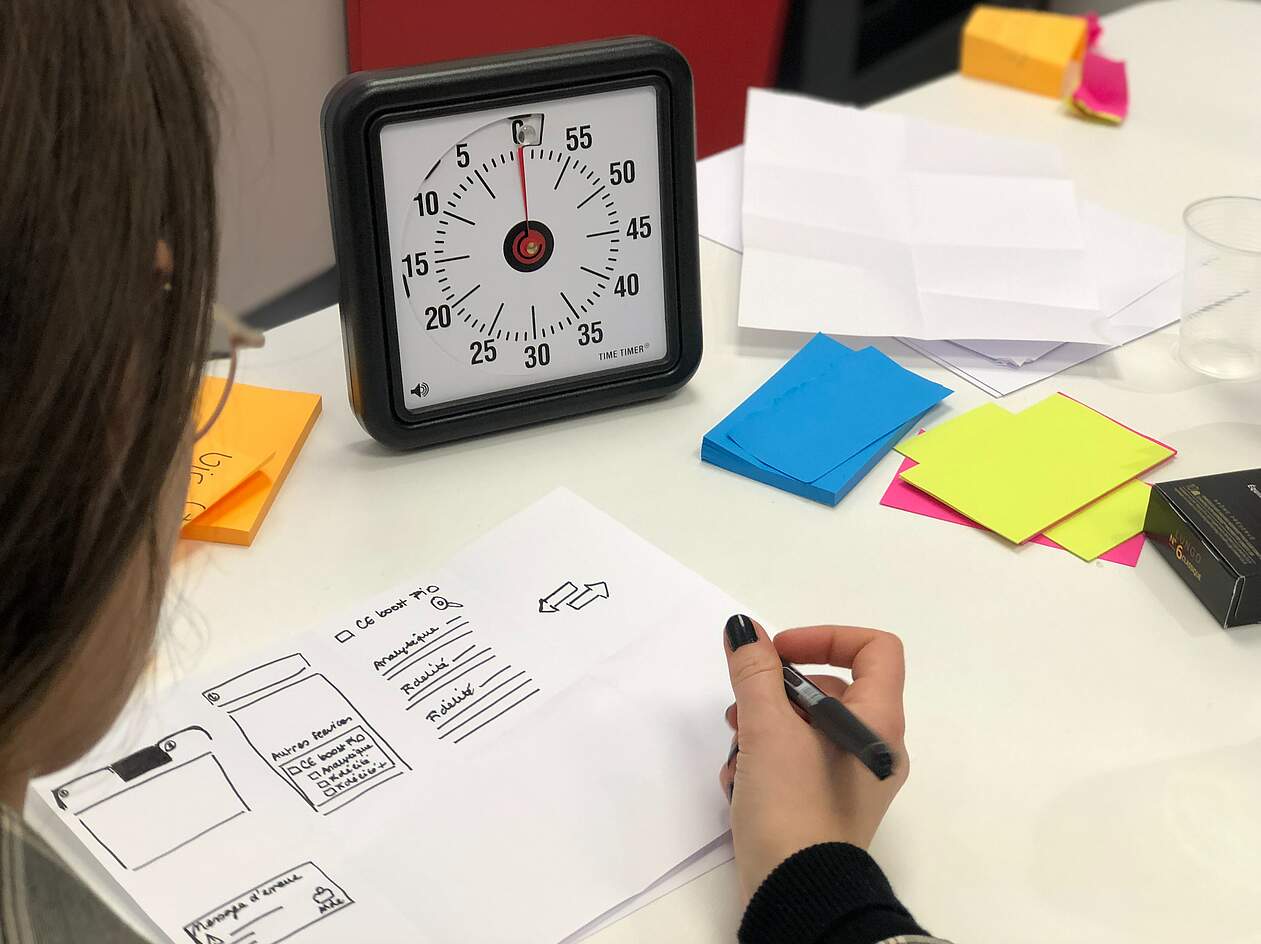As a leading industrial company, you are faced with the difficult task of asserting yourself in a highly competitive market against competitors whose products and solutions are often highly comparable. Convincing your leads and customers of the advantages of your own services (which often require explanation) thus becomes a real challenge. A strategy workshop lays the foundation for target-oriented B2B brand communication.
1. Why need you a strategy workshop?
An important step on the way to successful B2B marketing is the development of your individual positioning of your industrial brand. Subsequently, your entire marketing mix can be based on your unique brand. It is important here that you always put your customer benefits in the foreground in your communication. No easy task!
The typical buzzwords such as "Made in Germany" or "tested quality" are consequently too generic to stand out from the products and solutions of your market competitors. Finding your individual positioning requires a profound examination of your company's own DNA, your short-, medium- and long-term goals as well as your competition. In addition, you need to reach consensus within the college on the added values offered and the target groups to be addressed. Establishing this consensus is often perceived as a Gordian knot by industrial companies with complex services that require explanation.
So in order to find your unique and individual positioning - as the basis for your coordinated B2B marketing - you first need to conduct a joint analysis, the results of which should be agreed upon. A structured workshop can be of great help here.
2. Structure of a B2B Strategy Workshop
A strategy workshop is typically divided into three phases:
2.1 Phase 1
In the first part of the workshop, a short introductory talk can get all participants in the mood for the topic and the opportunities of B2B marketing. Usually, in the first part of the workshop you deal with the questions "Who are we?", "What are we the best at?" and "What are our goals?
2.2 Phase 2
In the second phase, the focus is on your target groups and your offer. An examination of both, as well as a match of your products and solutions with the defined target groups, helps you to discuss to whom you should communicate which messages and benefits.
2.3 Phase 3
The final phase is often about analysing the environment in which you operate. Clarity about your competitors, their strengths and your responses to them are important to develop a strong positioning that clearly differentiates you from the competition.
A strategy workshop is particularly effective if you include employees from different business areas. Furthermore, the use of agile design thinking methods is advantageous. These have proven particularly effective in solving complex problems and developing new ideas.


Yvonne Willmer
At Blaupause , my main task is to structure and manage complex projects for industrial clients. From time to time, however, I also write blog articles and social media posts on B2B topics that are close to my heart. Have you already put some of our suggestions into practice? Then I would be happy if you tell me about your results.

